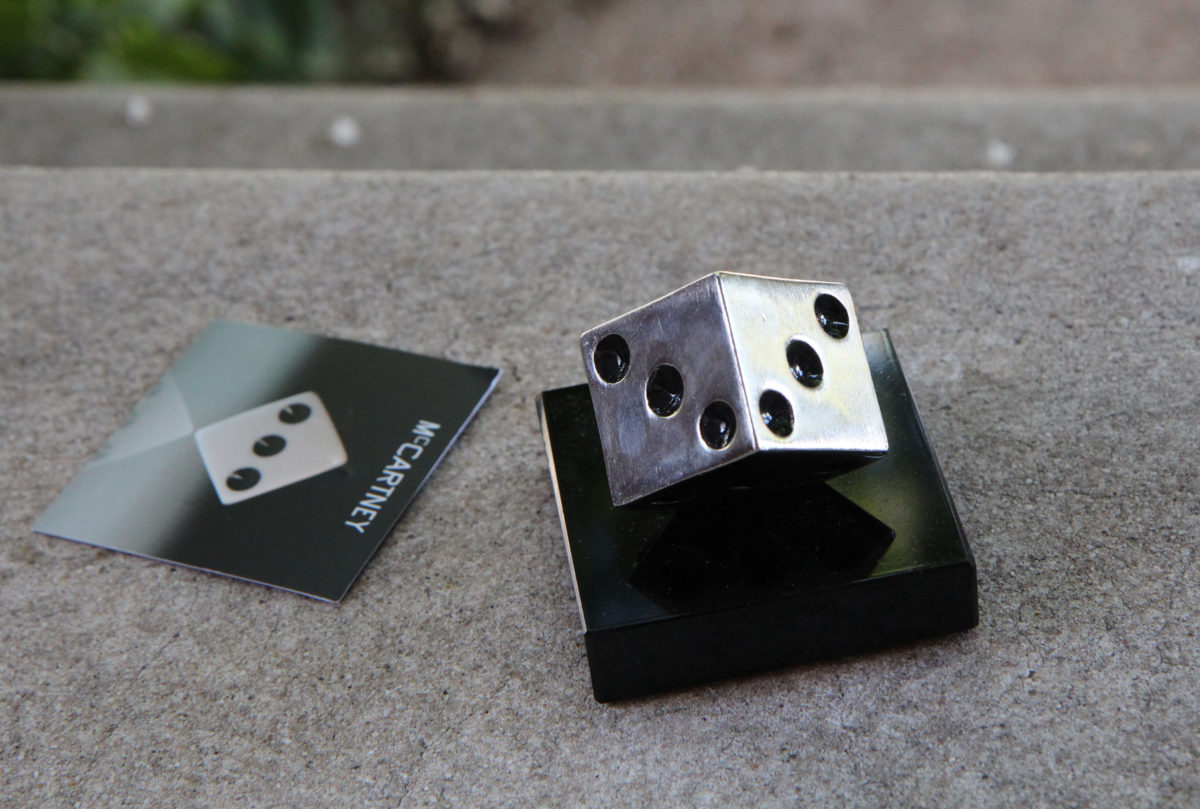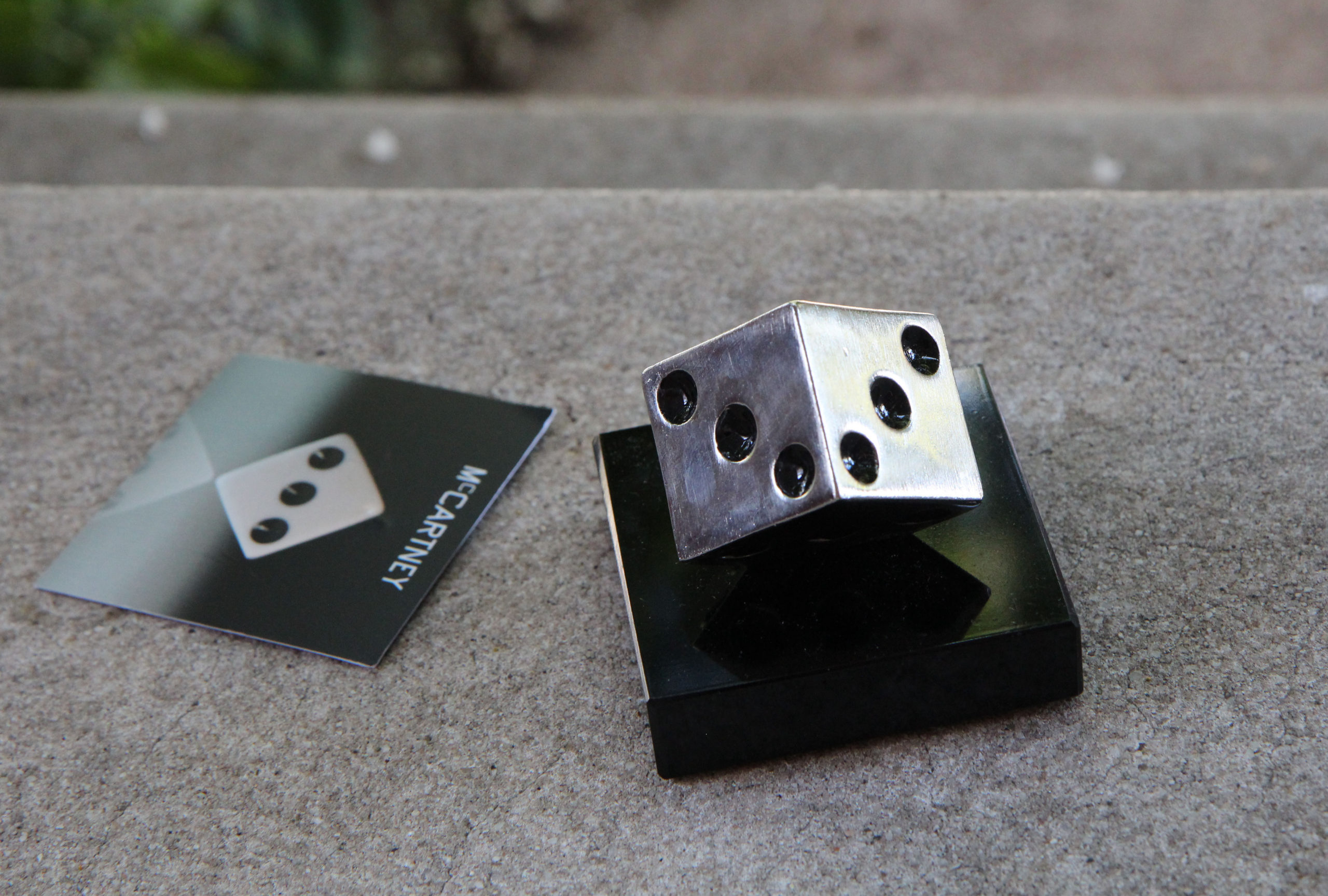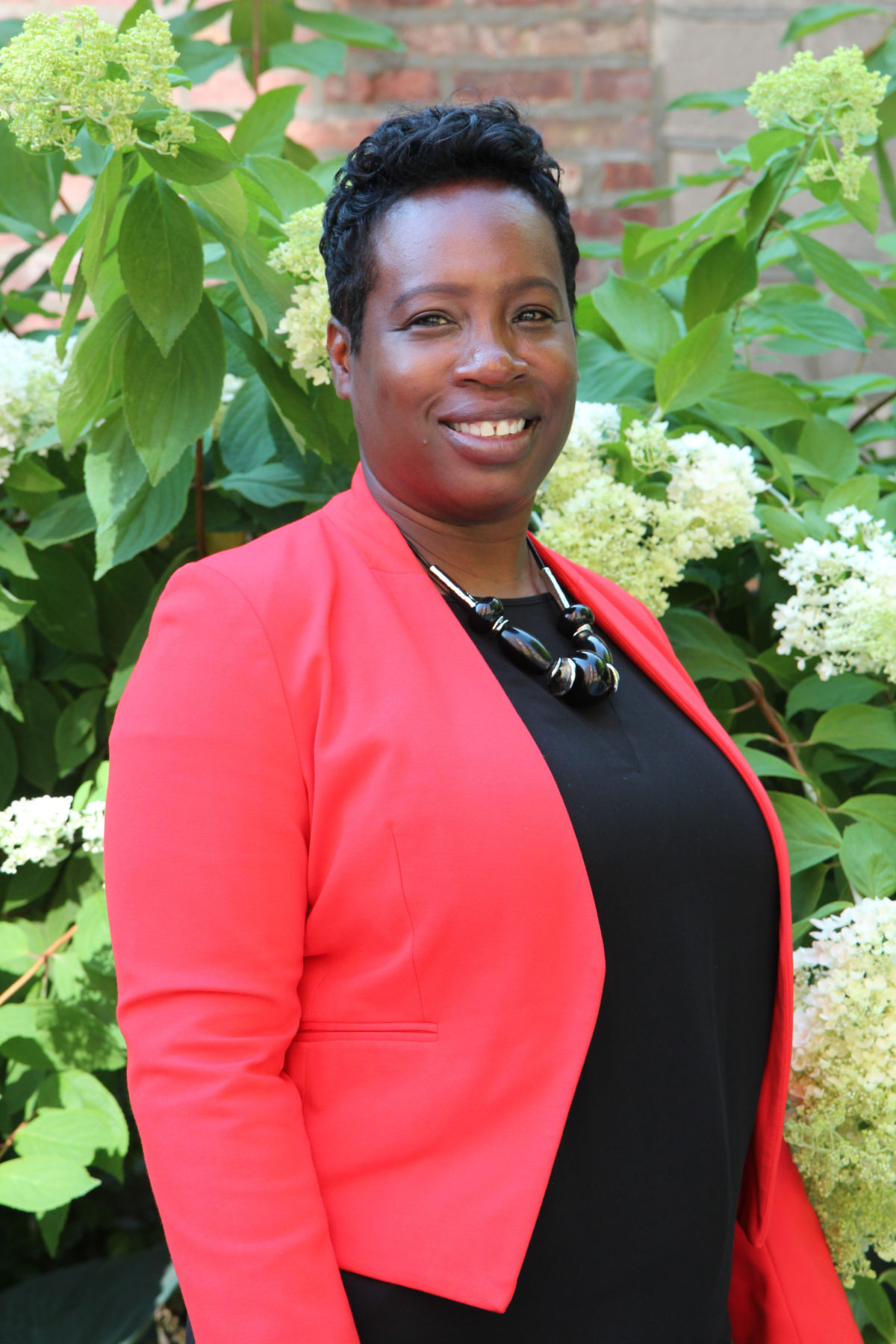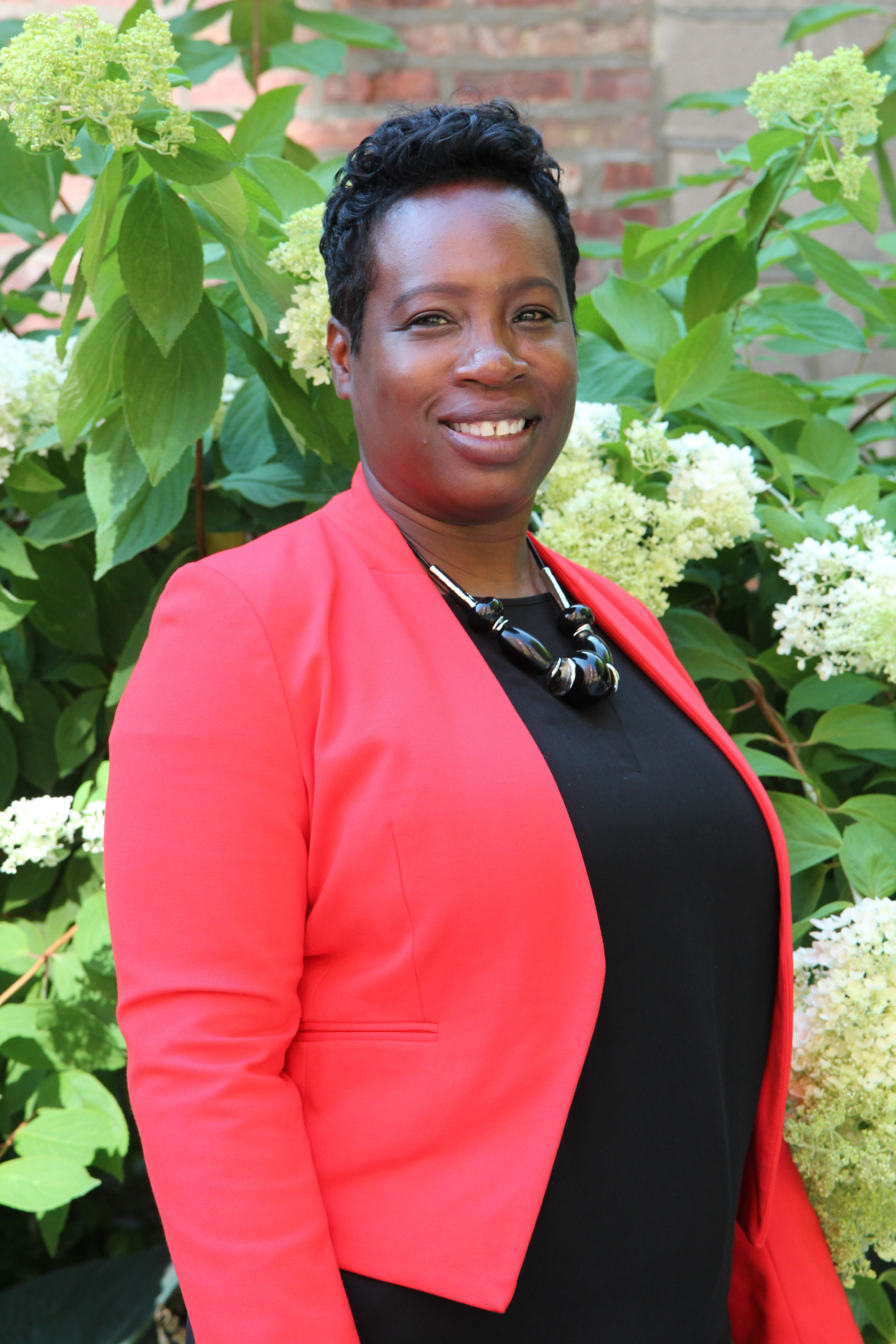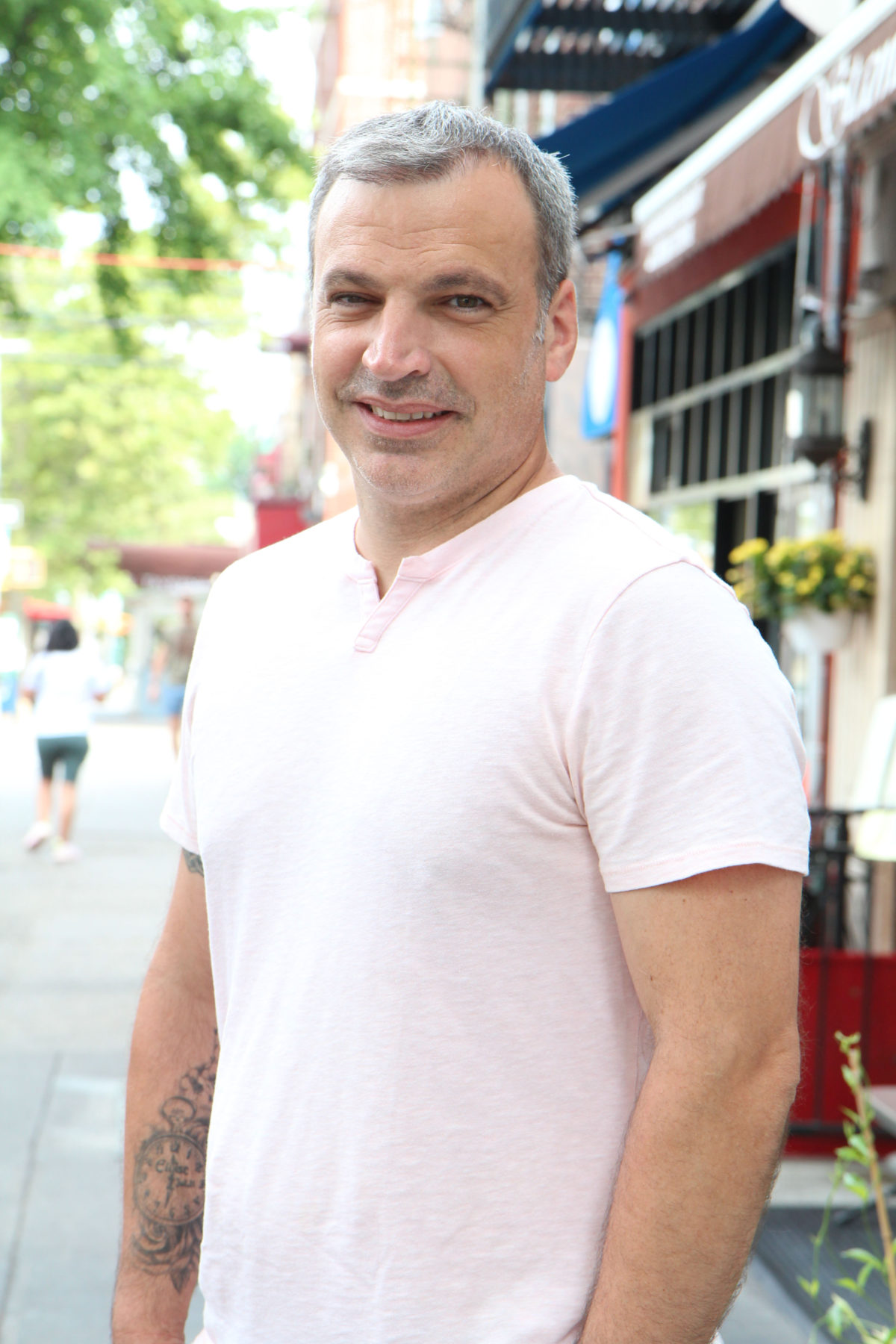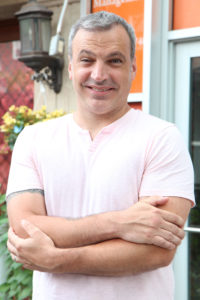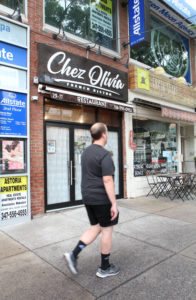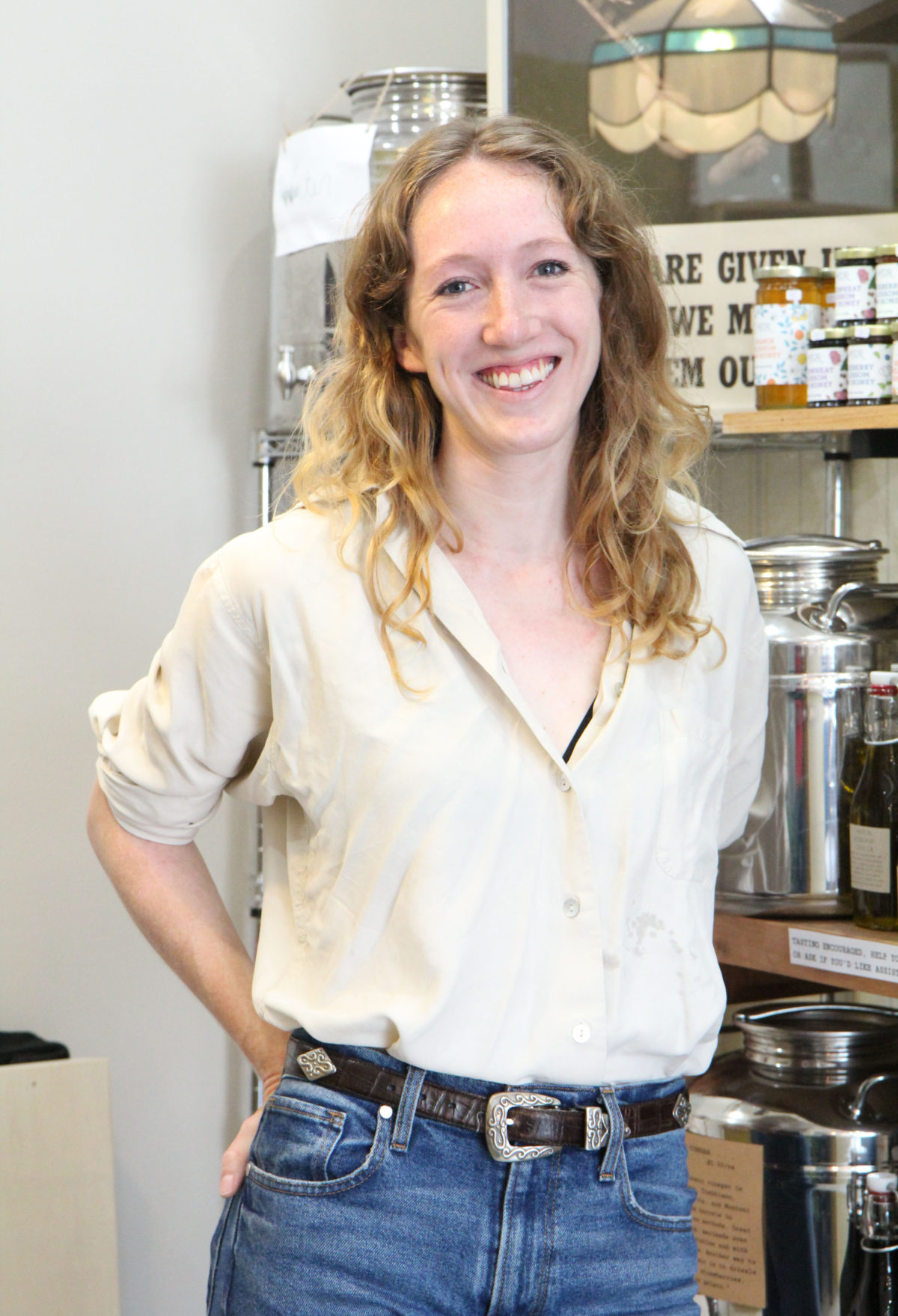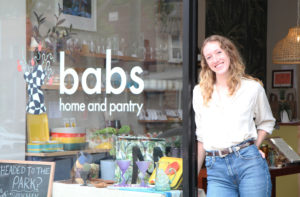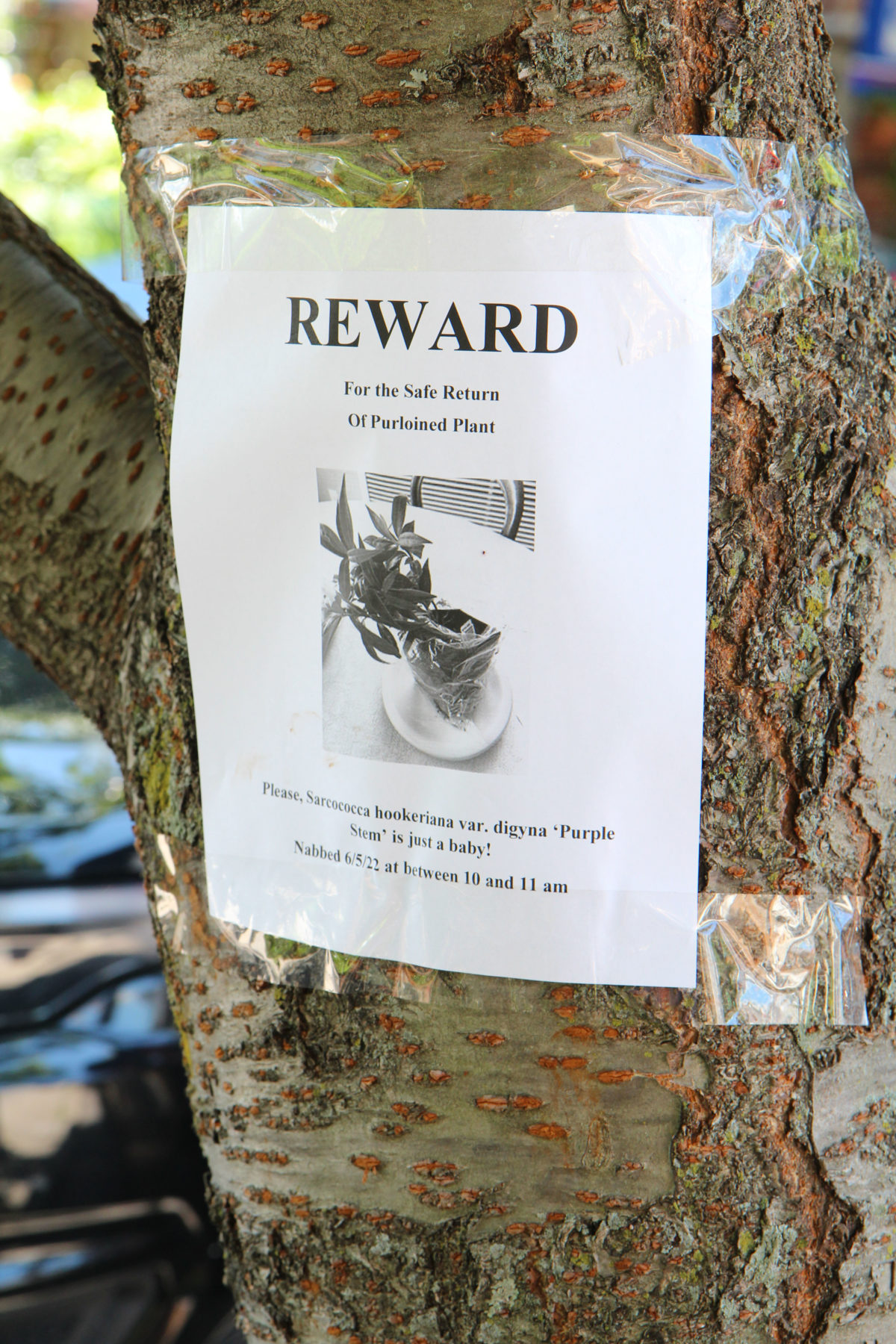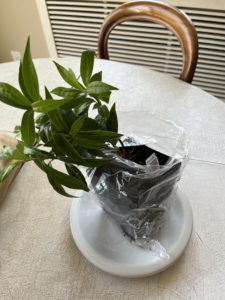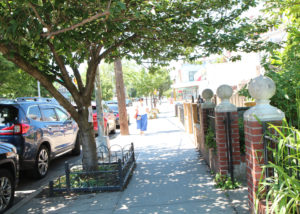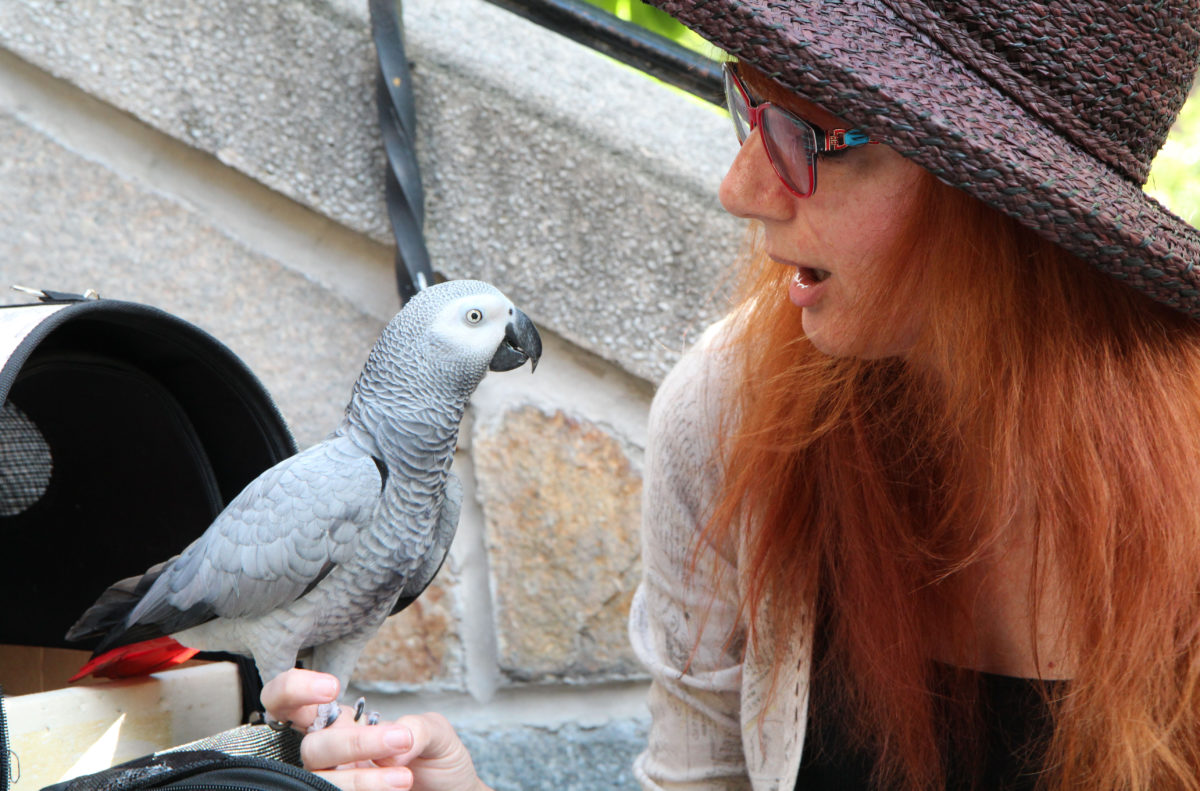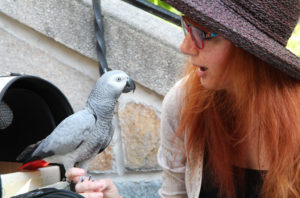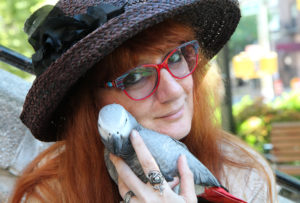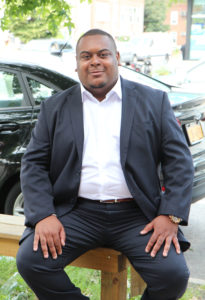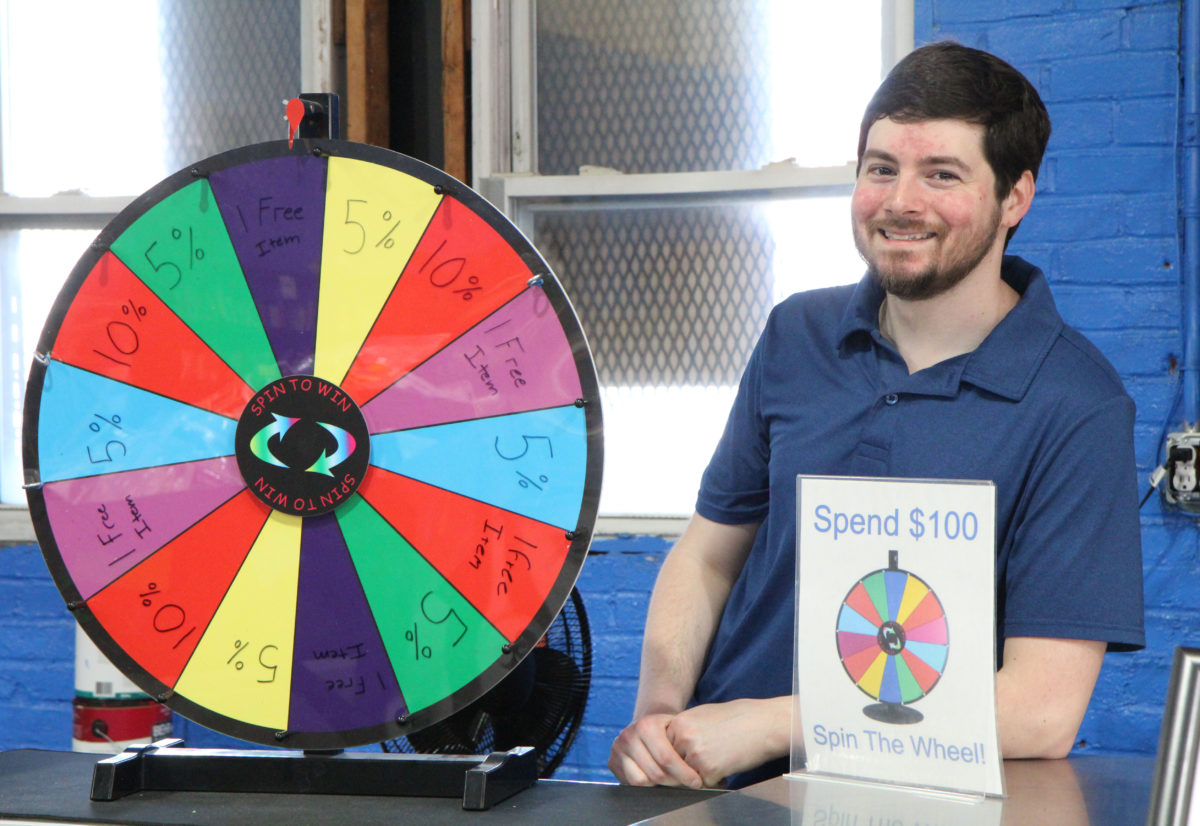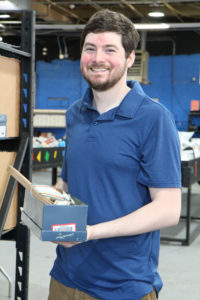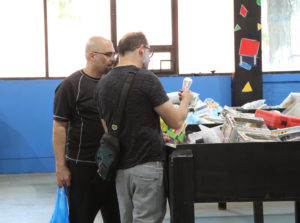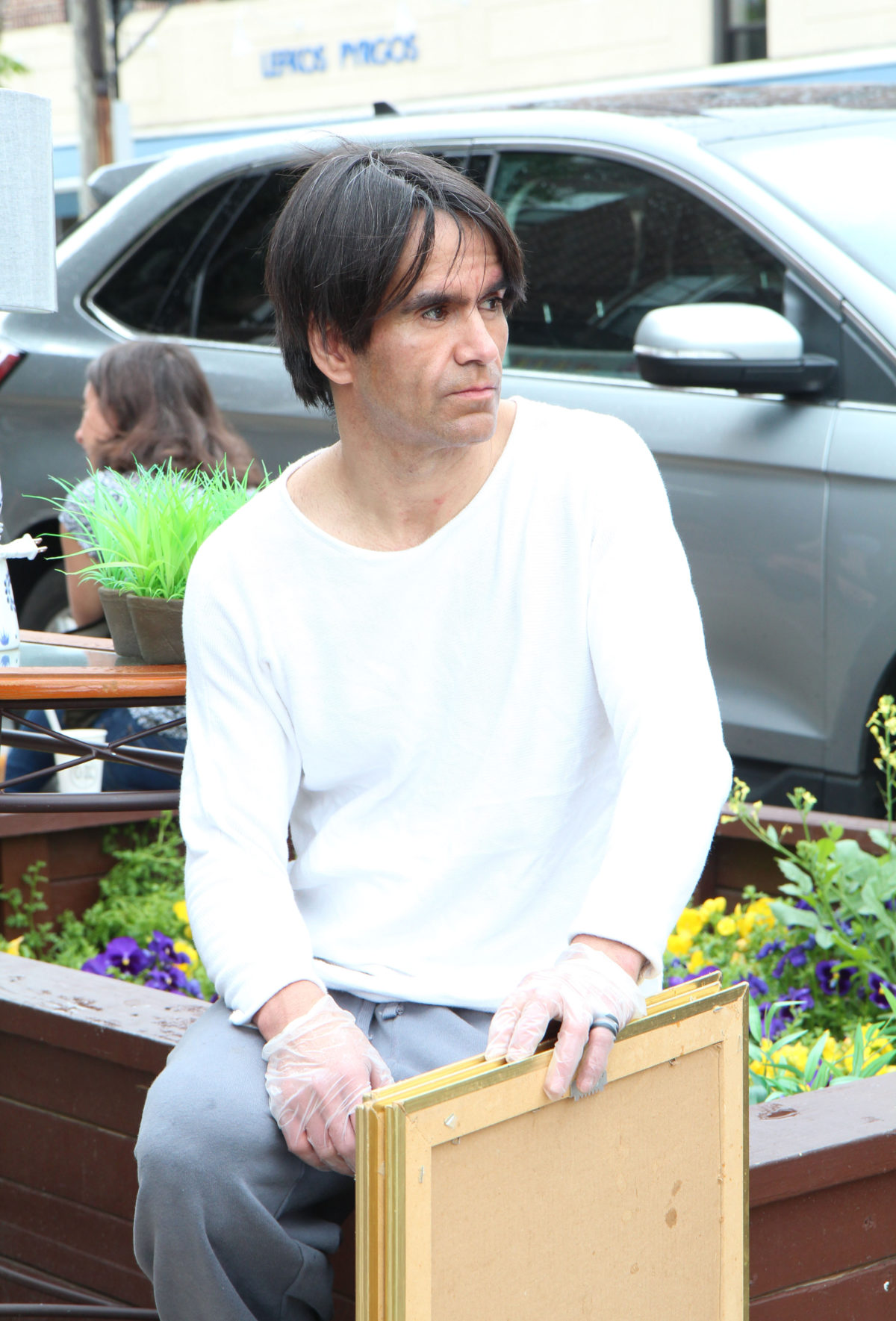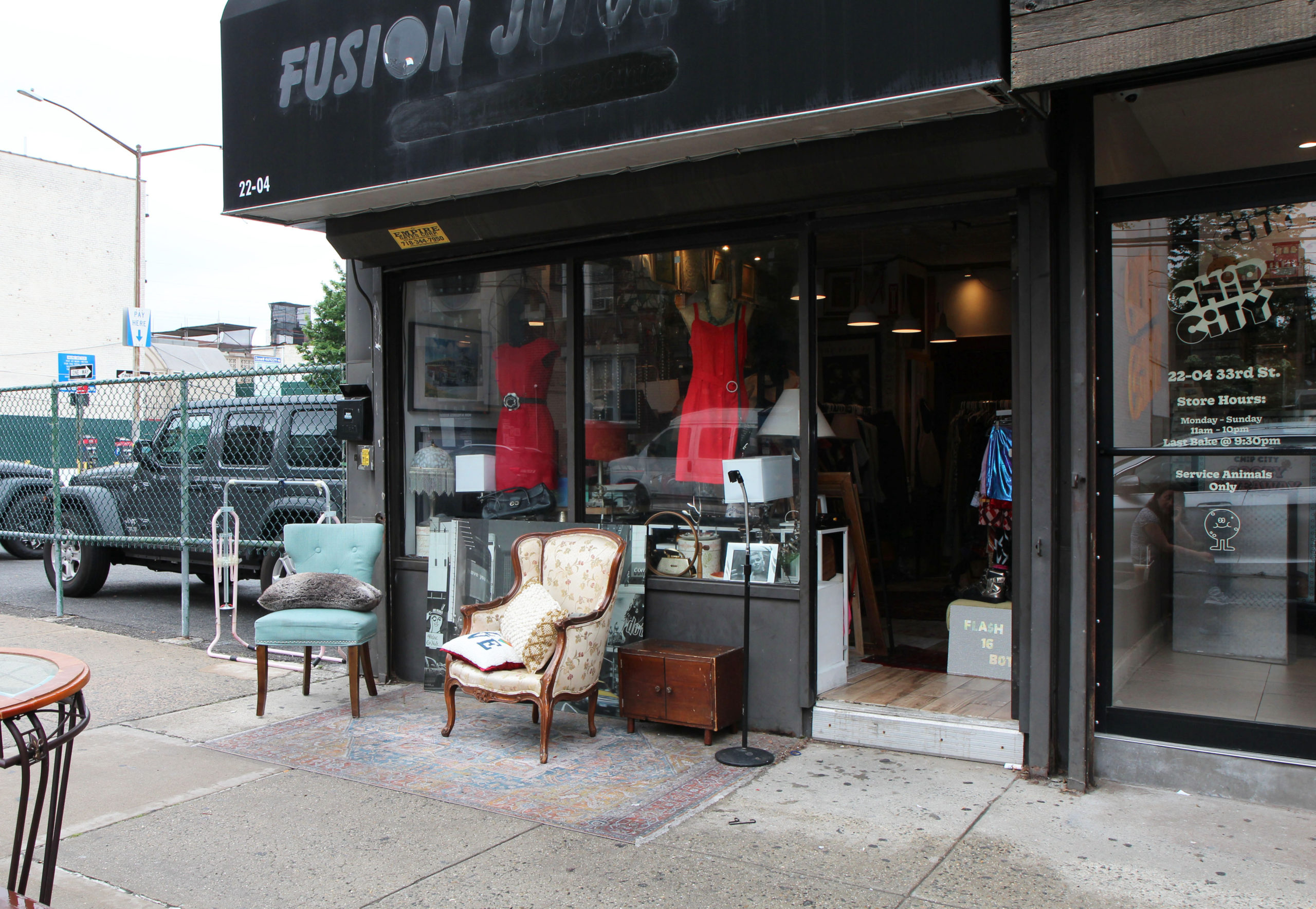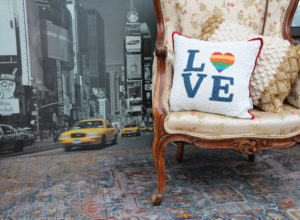Astoria Characters: The Next-Stage Performer

Anna starred in a hit TV show in Greece.
It’s a glorious morning in Astoria Park, so Anna Tsoukala celebrates by bursting into song.
Her voice – “Sometimes I feel like a motherless child, Sometimes I feel like a motherless child … A long way from home, a long way from home” – pierces the somnolent silence, shaking the sunlight and floating over the East River like a rose petal in the wind.
It’s just a traditional tune, a spiritual, yet there’s something in her choice that resonates far beyond this time and space.
Anna, you see, is a long way from home.
Born in the port city of Piraeus, Greece, she spent the first decade of her life in Tunisia, Libya and the United Arab Emirates, places where her father, who was in the construction industry, found profitable work.
It was during that time that she made the grand proclamation that would define her life: “I’m going to be an actress and a singer,” she triumphantly informed her skeptical yet supportive parents.
Anna, who has long raven-black hair and loud neon-red treble clef-shaped earrings, started with dance, immersing herself in ballet, gymnastics, flamenco – anything and everything that got her body on its feet.
By the time the family returned to Piraeus, Anna had mastered many steps, including the ones that would lead her to a successful career on stage and screen.
“I always saw acting and singing in my mind,” she says. “But I didn’t take lessons until I was 18 after my father died. He’s my hero – he rescued two people from a burning boat even though he knew he wouldn’t survive the act. So I poured my energy, my sadness into acting and singing.”
For seven years, she studied the craft, including at the top-ranked Greek Art Theater — Karolos Koun.
During her student years, she was cast in the hit-TV series “Don’t Say Goodbye,” which is what most of her fans still identify her with.
In 2015, after becoming a leader in Greece’s #MeToo movement, Anna moved to Astoria.
“I had nothing, and I didn’t know any English,” she says. “I chose the United States because it’s a spiritual country where people from all over the world come to make their dreams come true.”

She settled in Astoria because of its significant Greek population.
“People really helped me out,” she says.
For the first six months of her stay, she was alone and lonely, but things changed when she began singing at her church.
“When they introduced me to my pianist, a Greek-American man, I fell in love immediately and knew that I would marry him,” she says.
Six months later, she became a bride.
“He’s my angel,” she says dramatically. “People told me it was a risk to marry so quickly, but everything in life is a risk.”
She picked up a couple of roles in movies, including the 2022 short “Rootless,” which just happens to be about a young woman in Greece who comes to New York City to pursue an acting career, and will appear next year in “The Last Night.”
“We’re hoping to bring ‘The Last Night’ to the stage, to Broadway,” she says.
When Anna’s not on the stage or the screen or working on musical numbers with her husband, she’s a tutor, giving children private lessons in the Greek language, theater and music.
At night, she studies vocal performance at Juilliard.
It is, she says, a very full and satisfying life.
But it’s far from static.
She has big plans.
Sometime, she’s not sure when, she wants to move to West Palm Beach, a culture-rich city that’s fluent in film and opera.
After that, she sees herself in Los Angeles, specifically Hollywood, if not in films then at least living there.
“I’m taking things step by step,” she says. “I’m not going fast – I have to build things up.”
Nancy A. Ruhling may be reached at Nruhling@gmail.com; @nancyruhling; nruhling on Instagram, nancyruhling.com, astoriacharacters.com.



